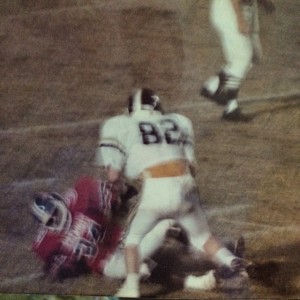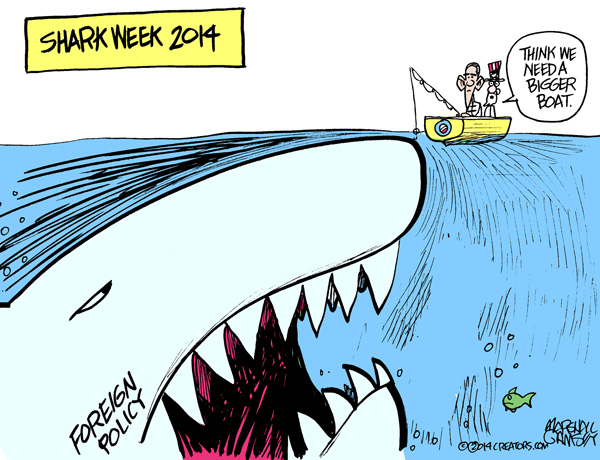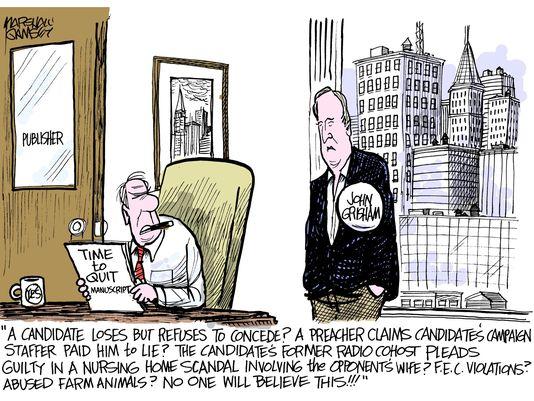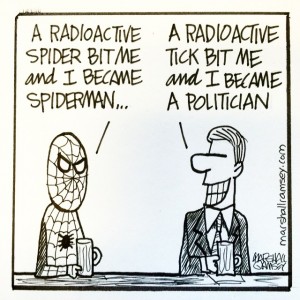
Rare photographic proof I ever played football. But I’m attacking in this photo — a powerful life lesson.
Attack. Don’t sit back.
It’s something I learned playing football. And over time, it would become one of my most important life lessons.
A little known fact: I never went to fourth grade. The brain trust at Bells Ferry Elementary School decided to move about 20 of us from 3rd grade straight to 5th grade. Academically it was no problem. Emotionally, well, let’s just say we went through 5th grade twice. When I took 5th grade math for the first time, I struggled because I’d procrastinate and not do my homework. I needed the stress of a deadline to get my work done. But for some reason, I began attacking my assignments. I’d get ahead and plow forward even when I didn’t have a fixed deadline forcing me to work. The result? My grades soared.
Ten years later, I was sitting in Accounting 2 with a solid F. I was in danger of failing my first and only class ever and was freaking out. Oh, I deserved the F. It was no one’s fault but mine. Why? I procrastinated doing the work. I’d wait until the last minute and my homework was sloppy (I’m surprised I didn’t get a job at Enron). I struggled and started skipping classes. I came into the final with one chance of saving my tail: If I got over a 95 on the final, I would pass the class. Honestly, there was a better chance of a June snowball fight in New Orleans. But I was motivated and got busy and attacked the work. I taught myself accounting in a three-days. The result? I got a 98 on the final — and I passed that #$%$ class with the only (and best) D I’ve ever received in my life (and went on to graduate from college with honors.)
I learned a pretty important lesson from the whole debacle: I failed when I sat back. I succeeded when I attacked.
I just finished my sixth session of Paul Lacoste training. Each one has been successful — but some more than others. I’ve found that I get the most out of the training when I have a solid goal and attack each evolution (exercise). This last 12-weeks were not as successful as some of the others because I didn’t attack. There were time when I went through the motions. I was discouraged. My motivation was lacking. I began to dread my training.
It was a curse that crept into the rest of my life, too.
The last few weeks have been overwhelming. I’ve been busy, but I’ve been rudderless, almost depressed. I feel like I’ve been running through a vat of molasses. Life got crushing. Stuff fell through the cracks.
I’ve been sitting back. I failed to attack.
As I ran my 10 miles this morning, I watched the sun creep over the Ross Barnett Reservoir. It was the start of my 17,019th day on this earth. And as I ran, I had this epiphany — I need to live by these five truths:
1. Attack life with passion.
2. Treat love like a verb, not a noun.
3. Never procrastinate.
4. Plan to live and live the plan.
5. Use my talents every day, every hour, every minute.
6. Go to bed exhausted every night.
Now if you will excuse me, I have a big pile of work to do.
I need to attack. I can’t afford to sit back.
 Half my life ago, I started as a night janitor at Pope High School. It was my fifth-year in high school and the most important job I’ve ever had. Working at Pope taught me 5 things I never could learn in school.
Half my life ago, I started as a night janitor at Pope High School. It was my fifth-year in high school and the most important job I’ve ever had. Working at Pope taught me 5 things I never could learn in school.








